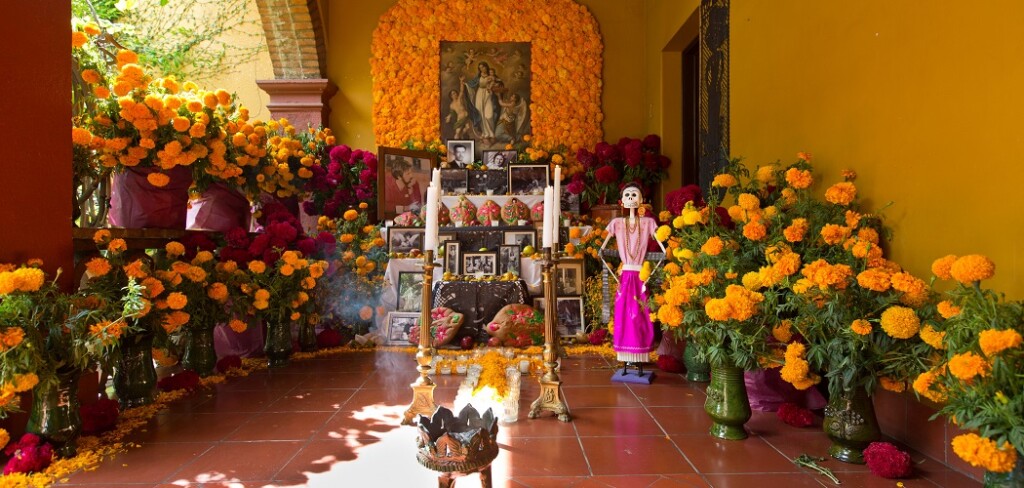Page 136 • (1,446 results in 0.065 seconds)
-
Students are required to maintain compliance with all health and clearance requirements. These requi
-
Additionally, all entering students are required by state law to undergo criminal history screening
-
TermDeadline Fall SemesterJuly 15 January TermNovember 15 Spring SemesterNovember 15 Summer Term(s)A
-
A hostile environment may include, but not limited to: bullying, sexual harassment, sexual misconduc
-
According to the American Nurses Association (2010), principles of Just Culture were borrowed from t
-
May 2008, she started nursing school prerequisites at a community college, setting her up to begin the entry-level master’s program at PLU in June 2010. Master of Science in NursingLearn more about the MSN program options and the Doctor of Nursing Practice, PLU's newest graduate nursing program. “Everything just fell together,” said Erickson, who earned her bachelor’s degree in linguistics from the University of Washington. Erickson ’12 is one of several graduates of the master’s program who have
-
, Economics, and Global studies. Hope that all the students who are coming to PLU next year can keep improving their English, especially practice their speaking English. Caitong (Camille) ChenNursing, 2019 太平洋路德大学表彰学生德学术成就并为学生提供奖学金, 对此我非常感激。 此外, 学校注重小规模教学, 因此教授和学生之间能够有更多的相互交流。学生更可以通过这种方式获得更多个人关注。 太平洋路德大学不仅是一个支持性的团体还是一间充满机会的学校。学生可以通过参加学校各种不同团体来充实自己。 Zhichu (Adam) RenMusic, 2019 太平洋路德大学不仅仅提供一流的小班化教学,更提供了对每个学生细致的关怀以及体贴的建议。正是因为学校对我全方位的关注,我才能在这四年内升级成为最好的“版本”,为我自己的未来打下一个扎实的基础。此外,美国自由、独立以及平等的价值观充斥着校园的各个角落,让每一个学生
-

New Delete Religion Academic Programs all programs program website Religion Undergraduate Major & Minor College of Liberal Studies Bachelor of Arts Meet the Professors More Stories Visit About In a world where most social and political conflicts contain a religious dimension, it becomes increasingly necessary to have a better understanding of religion’s diversity and influence in regional, national, and global life. When you study religion at PLU, you’ll discover the history, thought, and practice
-
of your contribution. If you receive a benefit later from your gift, you will be informed of its fair market value at that time. What is PLU’s tax identification number?The PLU Tax Identification Number is 91-0565571. Pacific Lutheran University is a 501(c)(3) tax-exempt organization dedicated to securing and stewarding private gifts and grants that benefit the University. Your gift is very much appreciated and may be tax deductible pursuant to IRC §170(c). Each year, thousands of generous donors
-

careers in business, law, education, publishing, nonprofit advocacy, and grad school, too. (bell dings) (upbeat music) Meet the Professors More Stories Visit About Whether you choose a concentration in Writing or Literature, an English major will help you understand and practice the creative, critical, and persuasive uses of the written word. Writing and literature are powerful means of understanding the diversity of human experience, critically analyzing society, imagining better worlds, and
Do you have any feedback for us? If so, feel free to use our Feedback Form.


